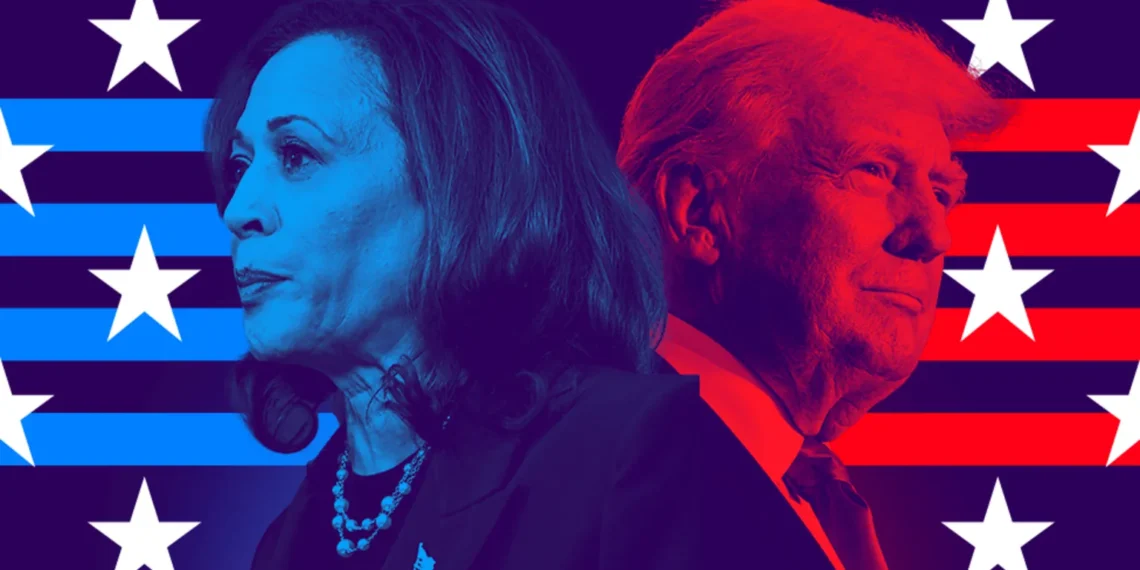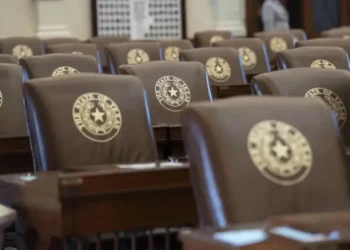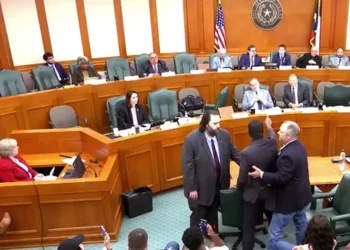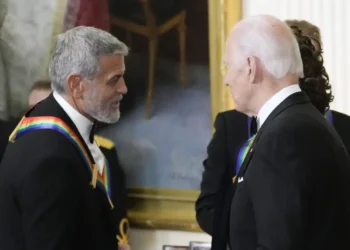Donald Trump is significantly favored by male voters, while women overwhelmingly prefer Kamala Harris. This political gender divide, shaped by years of social change, could play a crucial role in the upcoming U.S. election.
Kamala Harris, the first woman of color to secure a presidential nomination and only the second woman ever to reach this level, is careful not to focus on her identity. “I am running because I believe that I am the best person for this job at this moment for all Americans, regardless of race and gender,” she stated in a CNN interview last month. Despite her efforts to shift the focus, gender is becoming a pivotal issue in this campaign.
The idea of “Madame President” is new for America, and while many voters find it exciting, others may feel uneasy about the change. Although the Harris campaign won’t publicly acknowledge it, an official admitted they suspect some voters may be deterred by “hidden sexism” when considering a woman for the presidency.
In 2024, few people openly admit to pollsters that they think a woman isn’t suited for the Oval Office. However, a Democratic strategist noted that when voters say Harris isn’t “ready” or lacks the right “personality,” it often reflects underlying biases against her gender.
The Trump campaign dismisses the notion that gender influences voter preferences. “Kamala is weak, dishonest, and dangerously liberal, and that’s why the American people will reject her on November 5th,” they stated. Bryan Lanza, a senior adviser, expressed confidence in Trump’s chances, citing the male gender gap as an advantage.
When Hillary Clinton ran for president in 2016, negative attitudes toward her gender were apparent. Her campaign slogan, “I’m with Her,” highlighted her groundbreaking nomination. Pennsylvania Congresswoman Madeleine Dean recalled conversations with voters who expressed vague discomfort with Clinton. She soon realized it was about Clinton being a woman.
While Dean believes this sentiment has diminished, she acknowledges that some still struggle with the idea of a powerful woman in leadership.
Since 2016, significant changes have occurred for women, particularly with the rise of the #MeToo movement, which heightened awareness of gender discrimination in the workplace. This shift has made it easier for candidates like Harris to gain traction. However, these advancements have also sparked a backlash from young men who feel overlooked or threatened by these changes.
For some voters, the upcoming election serves as a referendum on evolving gender norms and societal changes. Many young men feel confused about their place in a shifting landscape. John Della Volpe, director of polling at the Harvard Institute of Politics, points out that young men often fear being labeled as misogynistic or racist when voicing their concerns. This frustration can lead some to embrace figures like Trump or Musk, feeling alienated from a Democratic agenda that prioritizes women’s and LGBTQ rights.
Della Volpe emphasizes that the young men he refers to aren’t radical extremists but rather your neighbors’ sons or even your own. While many support gender equality, they feel their issues are overlooked. Statistics show that young men are facing significant challenges: they are less likely to be in relationships, less likely to enroll in college, and have higher suicide rates compared to young women.
In contrast, young American women are advancing rapidly. They are more educated, increasingly entering growing service industries, and often earning more than their male counterparts. Since Trump’s election, young women have also become more liberal, leading to a widening gender gap. Over the past seven years, the number of young men believing that the U.S. has gone “too far” in promoting gender equality has more than doubled.
Trump has tapped into this male frustration, reinforcing traditional masculinity as he campaigns. He has made headlines with statements like “Manhood is Under Attack,” and his humor about masculinity resonates with his supporters.
Democrats, on the other hand, are attempting to reach disillusioned men with direct messaging. Barack Obama pointed out that some men are uncomfortable with the idea of a female president, while actor Ed O’Neill’s new ad urges men to “Vote for a woman.”
As the election approaches, gender dynamics are ever-present in the conversation. Trump emphasizes traditional masculinity, while Harris downplays her gender as a candidate. A recent New York Times poll shows Trump leading male voters by 14%, while Harris leads female voters by 12%.
In this election, the gender gap may ultimately decide the outcome.
This article was rewritten by JournosNews.com based on verified reporting from trusted sources. The content has been independently reviewed, fact-checked, and edited for accuracy, neutrality, tone, and global readability in accordance with Google News and AdSense standards.
All opinions, quotes, or statements from contributors, experts, or sourced organizations do not necessarily reflect the views of JournosNews.com. JournosNews.com maintains full editorial independence from any external funders, sponsors, or organizations.
Stay informed with JournosNews.com — your trusted source for verified global reporting and in-depth analysis. Follow us on Google News, BlueSky, and X for real-time updates.













